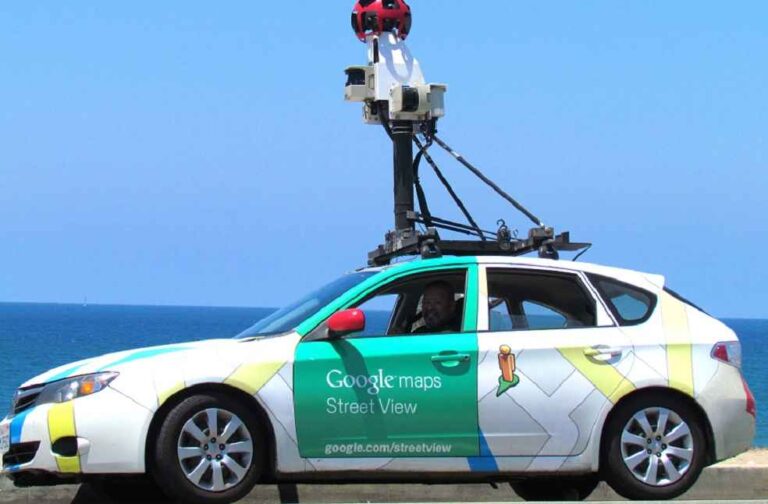The German antitrust regulator, Bundeskartellamt, is accusing Google of stifling competition in the automotive industry through the company’s software bundling approach. The regulatory body raises concerns that this strategy could potentially disfavour rivals and limit market competition.
Google’s decision to offer an all-encompassing software package to car manufacturers for their infotainment systems has sparked criticism. The regulatory agency contends that Google’s practices may constitute anti-competitive behavior by potentially forcing out alternative map service providers from the market.

The regulator posits that Google’s refusal to allow third-party access to its services, such as search functionality, location data, and Google Street View, puts competing firms at a significant disadvantage. Moreover, the Bundeskartellamt fears Google’s considerable presence in the mobile software market could be a threat to its competitors’ business survival.
According to the Bundeskartellamt’s initial evaluation, Google’s “stringent terms of use” with automakers may further suppress competition within the industry.
Google is no stranger to regulatory scrutiny. The company faced a similar issue in 2018 when the European Union rebuked it for urging Android smartphone manufacturers to default to Google’s mobile applications and services on their devices. Consequently, the European Commission imposed a massive €4.34 billion fine on Google, accusing the tech giant of leveraging Android to fortify its search monopoly. They claimed Google’s licensing conditions made it “practically impossible for manufacturers to selectively pre-install applications.”

The head of the German competition agency, Andreas Mundt, highlighted his concerns, saying, “We are particularly troubled by Google’s bundling strategy for its infotainment services, which significantly hampers competitors’ ability to offer standalone services.”
Initiating the action under Section 19a GWB, the Federal Cartel Office (FCO) aims to proactively curb potential anti-competitive impacts in sectors where certain companies could act as “gatekeepers.”

Reacting to the allegations, a Google representative told The Register, “Competition is flourishing in the connected car sector. Android Automotive is compatible with thousands of applications, and car manufacturers have a wide array of options for infotainment services. Even if they choose Android Automotive OS, they’re under no obligation to use Google Automotive Services. We are committed to engaging constructively with the FCO to address their concerns.
TRENDING: Saudi Arabia Powers Up: $5.6B EV Deal with China’s Human Horizons





